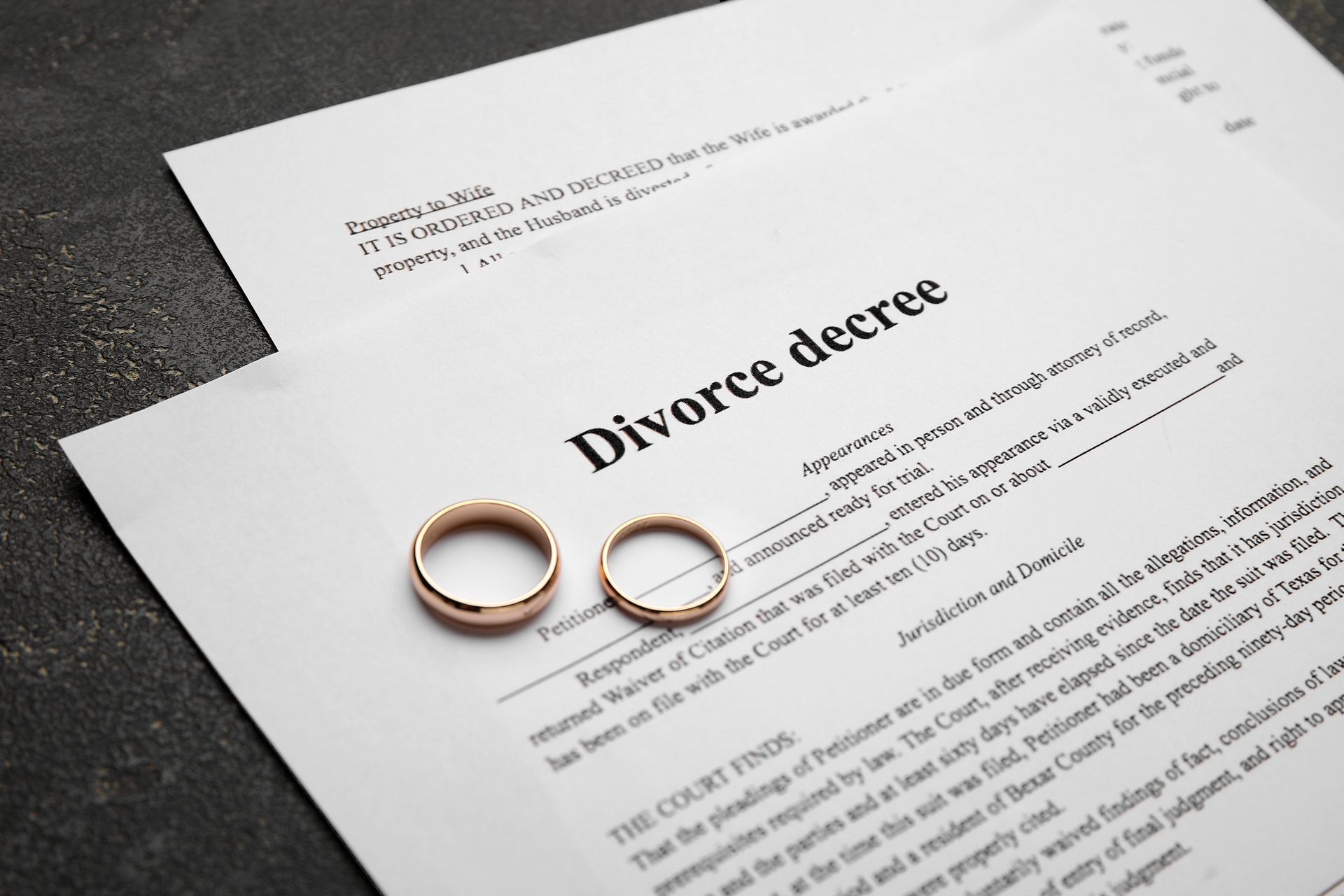Who Gets the House in a Divorce?
Who Gets the House in a Divorce in Farmington Hills, Michigan?
For many couples going through a divorce, the home they lived in together — specifically which partner will "keep" it — is one of the central, divisive issues. The house is usually the most valuable asset from the marriage, and the parties may have different ideas about whether it should be sold (and the proceeds divided) and how much it is worth.
There are a number of factors that affect what ultimately happens to the house. This is what you need to know.
What Happens to the Matrimonial Home?
The usual outcomes with respect to the house tend to be as follows:
-
The house is sold . The proceeds will then be divided between the spouses. - One party becomes the sole owner of the house. The spouse who wants to keep the house will "buy out" the other spouse's interest. This person may need to refinance the house if there is a mortgage.
- The parties agree to co-ownership of the house. This could be because they agree to defer the sale of the property (for example, if they want to wait until the kids finish school before they put the house up for sale).
Who Decides Which Party Gets the House?
Ideally, the two ex-spouses can approach the matter fairly and amicably and agree on what will happen to the house. In many cases, however, especially where the break-up is acrimonious or there is a power imbalance between the parties, negotiations can be drawn out. When there is no agreement, the court will assess the full financial situation and marital history and make the decision.
Equalization of Marital Property
When a couple divorces, the marital property is divided between them. In many cases — the simplest ones — it works out to 50-50. If the spouses bought the home together during the marriage, for example, each of them could be entitled to 50% of the equity/value of the house. Some states, however, follow community property rules (the spouses own marital property equally), and others follow the principles of equitable distribution (marital property is split fairly but this may not be 50-50).
Ownership of the House
Sometimes, the house belongs to one party prior to the marriage and the other party moves in. If they live in the house together during the marriage — and especially if the spouse who moved in starts contributing to its upkeep and/or mortgage — the house will be seen as a marital asset. If, however, the one who owned the house prior to the marriage takes specific steps recognized in that state to make the house a separate asset, that person may end up keeping the house.
In a lot of divorce cases, one spouse will agree to greater interest in another asset (such as a business) and "give up" their entitled interest in the matrimonial home. Alternatively, one party may allow the other to buy out their interest in the house with cash or cash equivalent.
Value of the House
Even if the parties agree on what should happen to the house in Farmington Hills, Michigan, they may not agree on how much the house is worth. There is usually a strategic reason a spouse wants it to be valued higher or lower — because it will affect the property equalization numbers. The spouse that wants to keep the house may want to say it is worth less so that they can receive a higher share of other property. The one that wants to sell it may want to say it is worth more so that they don't have to give up as much of the other property share to the other person.
The best way to figure out how much the matrimonial house is worth is to have a formal appraisal done. Sometimes each side will have an appraisal done and the court will examine both of them.
Factors Determining What Happens to the House
The court will look at what both parties want and need. If one spouse wants to keep the house and the other wants to move out, it is a matter of figuring out a buy-out price and how the buy-out will occur. If both spouses don't want the house, the house will likely be sold. If both people want to keep the house, the biggest considerations will be whether there are children involved and whether it is financially viable.
If there are children of the marriage who would benefit from continuing to live in this house (school, community, support network), which parent has custody of the children? Is it shared custody? How is the time with the children divided between the spouses? Is one side financially better able to buy out the other spouse? This is based on the parties' respective ages, income, health, and other circumstances.
What If a Spouse Wants to Stay in the House During Divorce Proceedings?
The most common example of this is if the spouse with primary custody of the children wants to continue living there while the parties and the court work out the division of property. Understandably, preference will be given to the best interests of the children. If the other party has moved out, they may be entitled to an amount of "rent" from the one still living there. This amount will be factored into the final numbers.
In some cases, the parties will choose to "live separately under the same roof." This means that until everything is finalized, they will both continue living in the house, usually in separate rooms or areas of the house. Where there has been a history of domestic abuse or a significant imbalance of power between the spouses, the court will also be interested in making sure the abused person or "weaker" party is protected.
Why You Should Get Legal Advice About Your Matrimonial Home
Family and divorce law in Farmington Hills, Michigan can be complicated. Not only may emotions be charged between the parties, but you may not understand what factors are most important to a court when deciding what happens to the house. An experienced divorce/family lawyer can explain how your marital property will most likely be divided, what will be considered marital property, and how best to protect your legal interests. Contact our office today to find out what you're entitled to.










